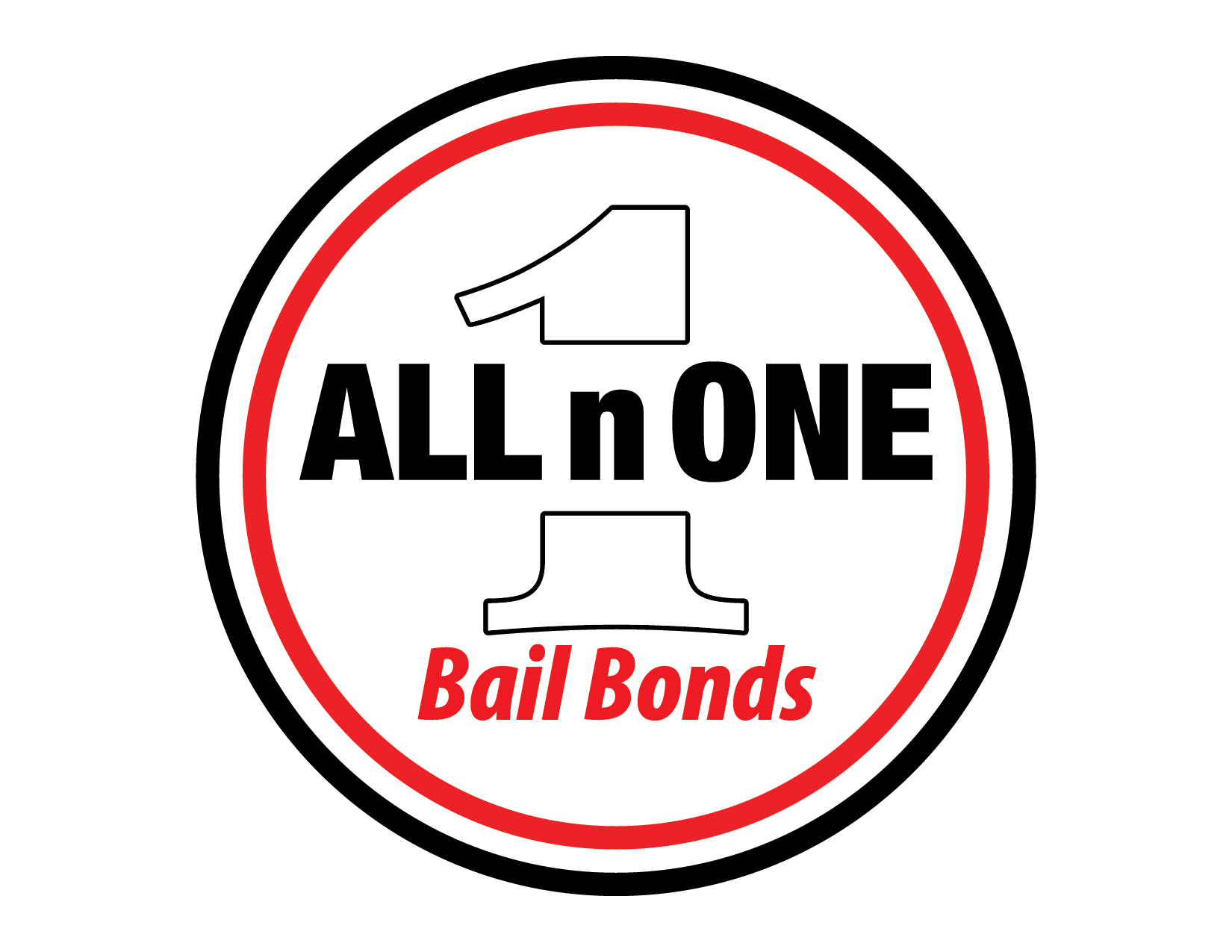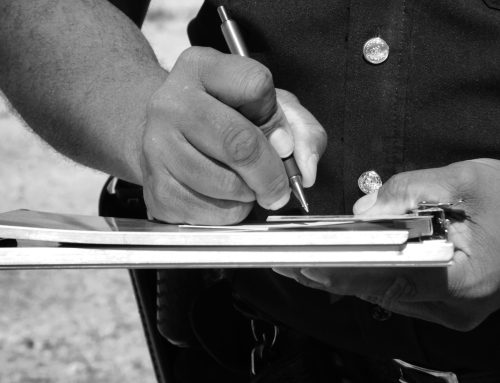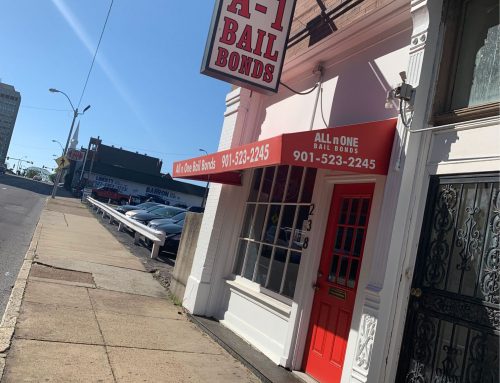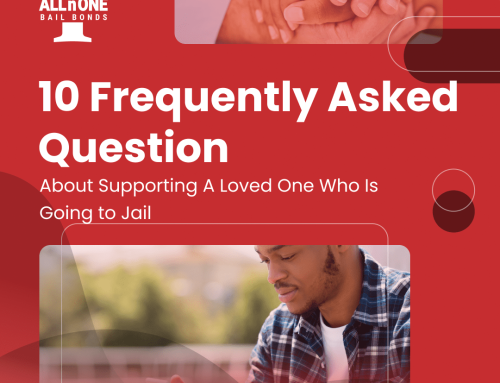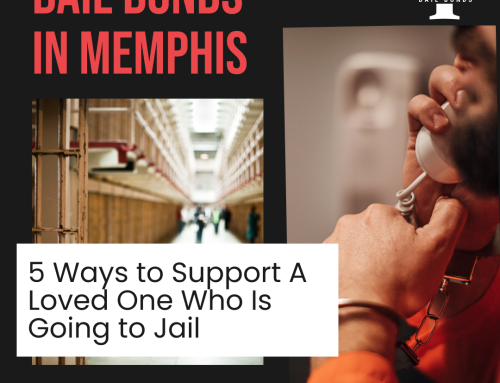When posting bail, one of the most common concerns has to do with who gets the bond money back.
We understand this is important and that bail amounts can be huge.
This is why we have put together some information about how the bail process works below.
If the big question on your mind is not, “Who gets the bond money back?” and you would rather watch our video on how bail works instead, you can check it out by clicking the link above and scrolling to the bottom of the next page.
Who Gets Bond Money Back?
So, where exactly does bond money go once a trial has finished?
The answer is:
The money goes to the person who posted the bail amount.
Essentially, once a trial concludes, the bail bond is exonerated and discharged, and the money is returned to whoever put it up (usually after 30 business days).
If the bail posted is in the form of a property bond, the court will release any claims filed against the property.
Additional Details
Once the bail is exonerated, the judge will order the clerk’s office to return the bail to the name provided on the affidavit.
Remember that the clerk’s office will only return the bail to the depositor if an SSS, TIN, ITIN, or EIN was written on the affidavit.
If two or more people post the cash bail, the cash amount will be returned to each person based on the information provided on the affidavit.
If the cash bail is more than $10,000, the person who posted bail and the person to whom the bail is posted must complete additional affidavits, including IRS forms.
Using A Bail Bond Agency
If you choose to post bail using bail bonds, you will not have to worry about affidavits. Instead, your bail bond company will take care of the bail process for you.
Bail bond premiums in most states are set by law at 15% of the total bail amount. Keep in mind that this premium is non-refundable.
In exchange for the bail bond premium, the bail bond company carries the risk of posting the whole bail amount for you, trusting that you (or whoever the defendant is) honor all court obligations.
If the defendant skips a court hearing and does not provide sufficient reason for why they did not appear, the bail amount is forfeited.
If the defendant fails to comply with court requirements in any other fashion, the court will claim the whole bail amount posted by the bail bond company.
Bail bond companies usually recoup losses like these through collateral.
As with cash bonds, bail bond money is held by the court until the trial is over.
With bail bonds, the bail amount is returned to the bail bond company once the bond is discharged.
Bail Bond vs. Cash Bond
The most important difference between bail bonds and cash bonds is that cash bonds carry a higher risk for the individual who posts them.
If the defendant fails to uphold their court obligations, the person who posted the cash bail amount loses their money. Courts also sometimes subtract fees and penalties from the cash bail total, which increases the risk further.
Because of the financial risk and burden of cash bonds, many people choose to get bail bonds through bail bond agencies instead.
Not only do bail bond companies assume the risk, but they offer professional assistance, including making sure that the defendant keeps their court appearances.
For fast and easy bail bond processing, contact All N One Bail Bonds at (901) 523-2245. We have years of experience and would love to help!
